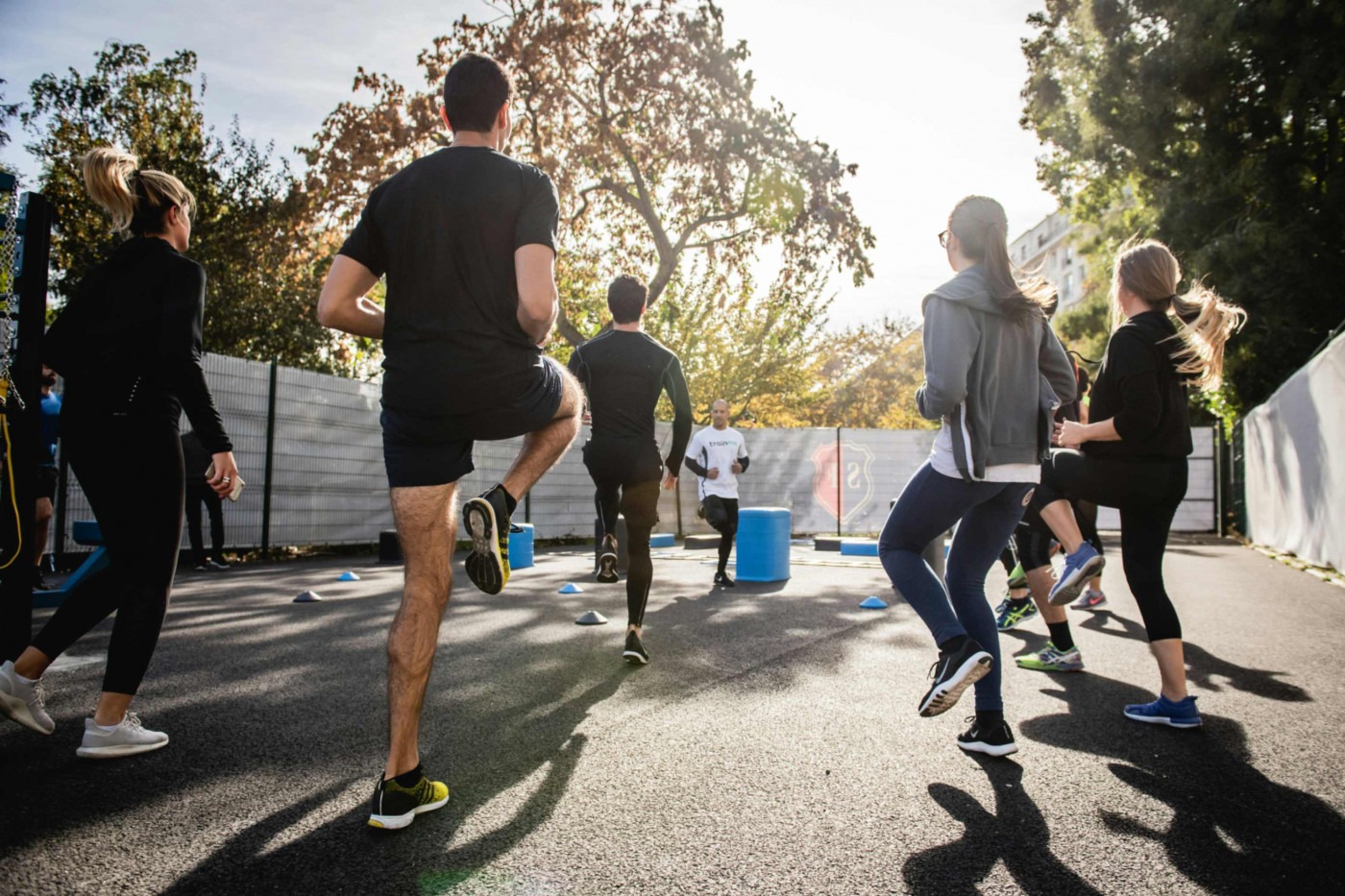Mindful Moments: morning or night time workouts?
When it comes to balancing a social and academic life at university, working out and eating healthily can easily be forgotten or seem like a step too far. Most students will look at their timetable and realise there is not enough time in the day to fit in a gym session. This is, in most cases, the annoying truth. However, this does not at all mean that you cannot go to the gym. Waking up slightly earlier or staying up a little later can transform you into a morning or evening gym-goer. Yet this is only half the battle – the big question is should you work out in the morning or evening?
There is also no better feeling of accomplishment than going to a 9am lecture, having already lifted some weights or gone on a morning run
Often, the idea of waking up early, especially when you have a whole day of studies ahead, can feel daunting. Indeed, you may even go to bed in a slightly bad mood if you know you have an early start the next day. However, there is also no better feeling of accomplishment than going to a 9am lecture, having already lifted some weights or gone on a morning run.
With the rise in wellness trends and being in your ‘healthy girl era’, working out in the morning has become an appealing option to many young adults. Of course, the benefits are extensive, going from an improved mindset for the day ahead to a better sleep schedule in general. Although not always the main focus, research does also argue that a morning workout can bring about the physical changes some of us desire.
When it comes to fitting in your degree, a morning workout can help you get your session ‘out of the way’ so that you can focus on all things academic. A 7am workout, followed by a shower and coffee, at least for me, makes you feel like you can conquer the world and the intense tasks you have that day.
However, some university students choose to wait until 8pm onwards to do their workout for the day instead of doing it first thing in the morning. This can be an appealing option, as it allows you to have a slower, more relaxed morning, as well as giving you more time to complete your gym session without being rushed by the threat of a 9am lecture. I must admit, in the past few weeks, I have found myself leaning towards an evening workout due to the appeal of a calm morning. Having already eaten a few meals in the day, a night-time workout may be more successful and intense due to your body being more fuelled. However, a night-time workout could be unsuccessful if you have had a busy day, meaning you may end up prioritising sleep instead of going to the gym.
You can adapt to either workout routine if you have the correct mindset: determination, consistency, and optimism
You may be wondering what time is best to work out for you, as both seem to have their fair share of positives and negatives. The real answer is neither. You can adapt to either workout routine if you have the correct mindset: determination, consistency, and optimism.
Although neither workout time is the one every university student should follow, I would advise that a morning gym session is best to create a good work-life balance. By managing to wake up earlier, your confidence in yourself will increase significantly, as well as having more time in the day to focus on your degree. This also will leave the night-time open for social engagements, without having to worry about fitting in your gym session. Of course, we must keep in mind something very key to balancing your social life, academic life, and gym sessions: adaptability. Don’t beat yourself up if you went out a little later on a Friday night and are not up bright and early for your Saturday morning run. We must learn to be patient with ourselves as we figure out what works best for us, learning the balance between our morning gym session and our degree.

Comments